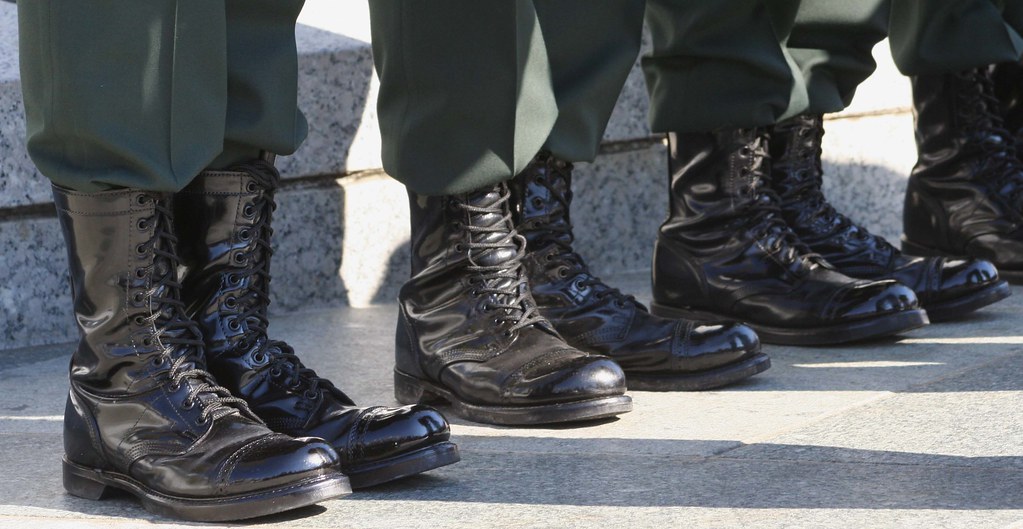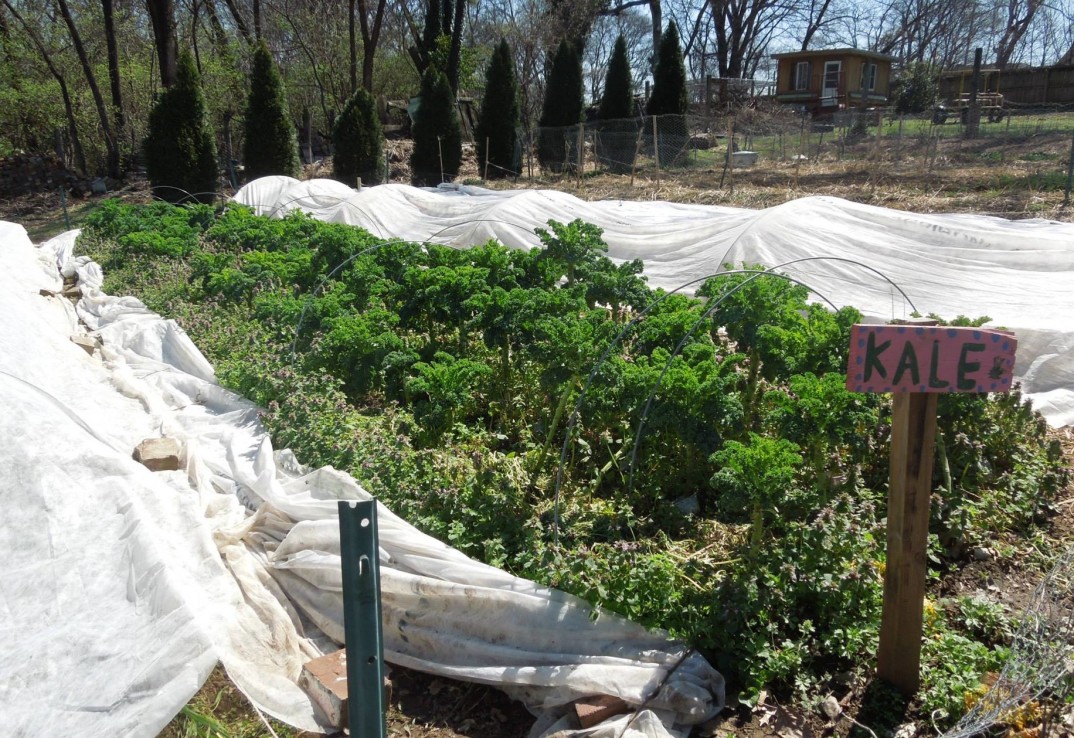President Trump has banned trans members of the military from openly serving and from joining up. The reasoning behind the ban is that inclusion would result in higher medical costs and lower troop cohesion. On January 22nd, SCOTUS lifted an injunction on enacting the ban, and lower courts will proceed with evaluating the ban while the military will be more free to follow it.
As a Vox report articulates, there are multiple dimensions along which this ban is offensive: “Trump’s ban could lead to some very ugly consequences: trans service members staying in the closet, even when it’s dangerous for their service and their personal health and safety; trans troops being discharged or abused; and trans Americans more broadly receiving yet another signal that society still doesn’t accept or tolerate them.”
Besides issues of discriminatory injustice, this ban has significant practical effects: over 134,000 American veterans are transgender, and over 15,000 trans people are serving in military today. The US has been at war for decades, so it is unclear why barring willing people from serving would be a wise strategy, especially for this demographic, as it’s been reported that “twenty percent of transgender people have served in the military, which is double the percentage of the U.S. general population that has served.”
The most suggestive support for the ban comes from research from the RAND Corporation which indicates that including openly serving trans folk in the military would make up “a 0.04- to 0.13-percent increase in active-component health care expenditures.” However, research from countries that allow openly serving in the military according to your gender identity, including the UK, Israel, and Canada, suggests that there is no cost to military preparedness or problems with the military’s budget.
The supposed extra cost of healthcare has been used as a tool of discriminatory practices both inside and outside of the military. Before Obamacare, it was allowable practice for women’s health insurance to be more costly than men’s, for instance. Even harsh critics of the law admit, “The Affordable Care Act enacted pricing rules that largely prohibited charging women higher health-insurance premiums than men, and the Republican plan would relax some of those restrictions, which probably would result in women’s paying higher premiums.”
Debates over whether being a woman should play the role of a “preexisting condition” bring to light the way healthcare should be conceived of and distributed. It is true that women pay more over their lifetime for healthcare than men, on average, despite, again on average, taking better care of themselves.
Health is a human good that is unevenly distributed by a natural lottery – both at birth with conditions that make health needs vary and later in life in the form of health-altering events such as accidents and disease. That some individuals may need more assistance in order to maintain health does not undermine its status as a fundamental human good.
There isn’t evidence that being trans interferes in any way with one’s ability to serve in the military – the inclusive policies of other nations serve as evidence to the contrary. The proposed ban on openly trans military service member is thus at best a matter of medical discrimination, but that justification is thin, given the diverse medical needs of diverse populations. In reality the ban is a barely veiled instance of putting transphobia into policy.


